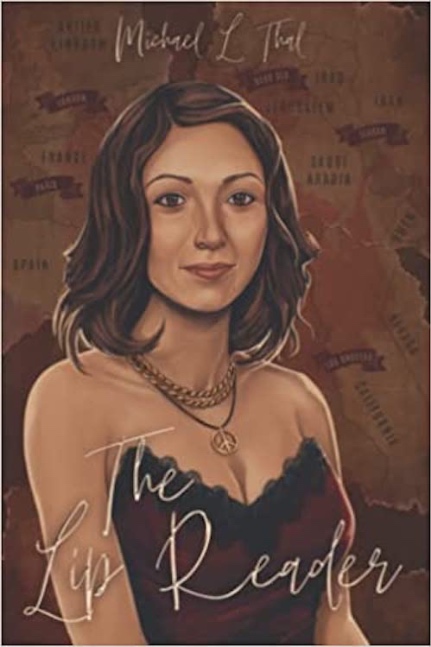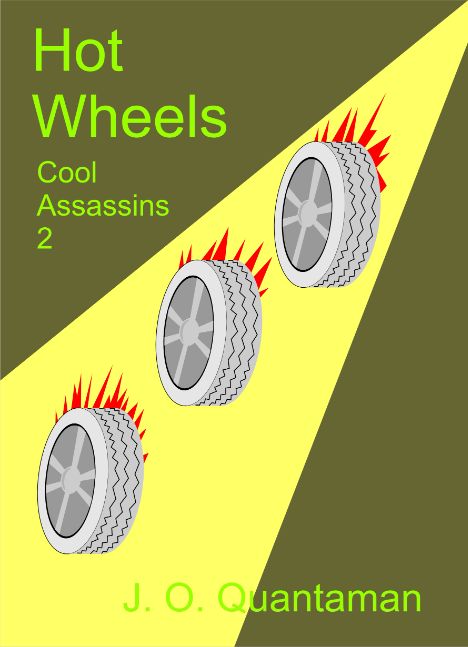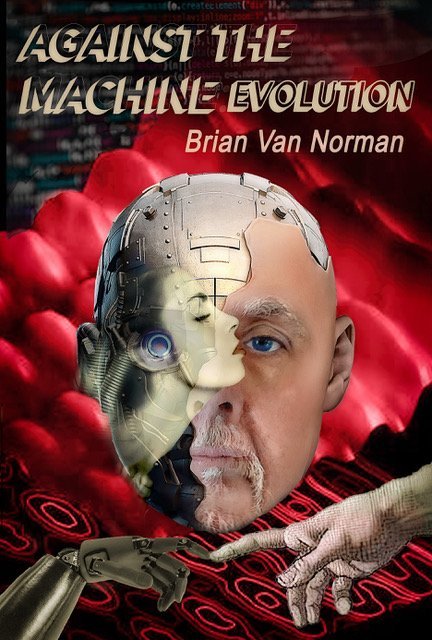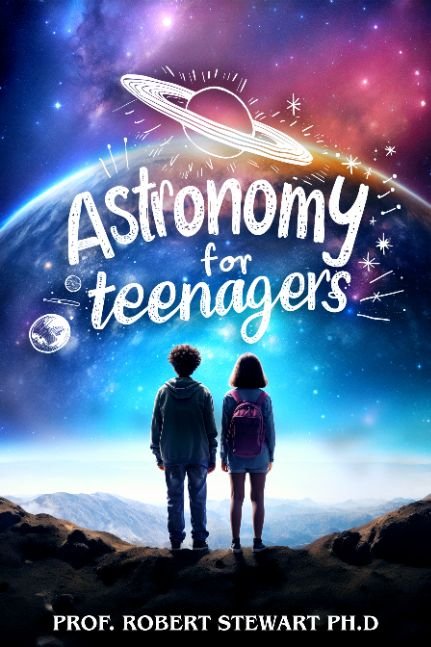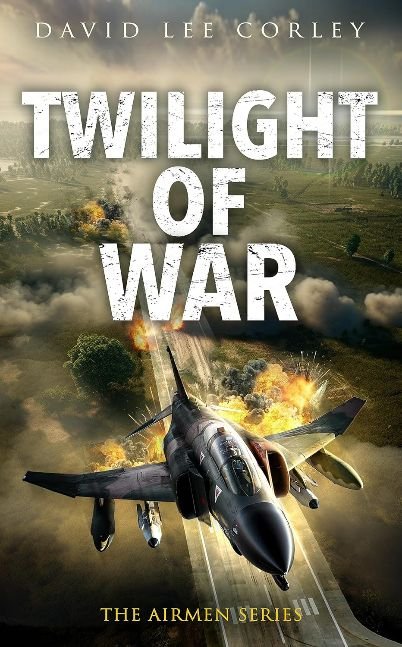- Home
- Book Trailer
- The Interview - Andrew G. Berger
The Interview - Andrew G. Berger
 https://eng.der-sonnensturm.de/
https://eng.der-sonnensturm.de/
How did you become an author and get published? Share your experience.
As a high school student, I realized that writing was something I liked and enjoyed. So I wrote for the school newspaper, then for the local paper, and later as a student for a large national daily newspaper. Then I wrote short stories that were published in anthologies. Over time I developed the idea for "THE SUPERFLARE", my first long novel. After I decided to write the book I spent two years writing and re-writing, and after many drafts the book was finished and published in 2022.
When you're working on a book and a new idea pops up, should you pursue it immediately (also known as 'UP syndrome') or finish your current project first? What do you think is the best course of action?
I think every writer has his/her own way of dealing with such ideas. I tend to concentrate on the project at hand, but I also use a pin board to pin down new ideas so that they are not lost.
Which character do you enjoy writing the most as a writer and why? If choosing a favorite character is like choosing a favorite child, which character do you find requires the most attention and detail from you as a writer?
I enjoyed all the characters and their interplay. But, of course, the main characters require the most attention. During the writing process, many of the supporting characters developed a life of their own and became increasingly important, so I gave them more room to move.
Can you explain your writing process? Do you prefer to create an outline and plan beforehand, or do you prefer to write more spontaneously and organically?
Everything begins with a plot idea, the core of the story, and the central characters. Then I develop an outline with the central storylines. Once that's in place, I start writing. From that moment on, everything starts to change, the characters develop a life of their own, and the plot takes surprising turns. I follow and work on these developments until I have the feeling that the story is complete. Then I let it rest for a while, revise it, let it rest again, and revise it again, until the material is perhaps ready for me to give the draft to an editor who will give me feedback. Then I work on the material again. Writing also means revising the material again and again until it is really finished.
What have you found to be most challenging about writing in [genre]?
I started with a basic story idea and plot outline. As the writing progressed, the story became more and more complex, and it was quite a challenge to keep track of all the different strands of the story and the many characters and weave them together in a meaningful and exciting way. I also had to accept that the characters had developed a life of their own, so I just followed them and the flow to find out where it would take me. After having finished the first draft, the re-write process began to make sure that every piece fell into the right place.
Would you like readers to have any specific takeaway from your book?
Well, first and foremost I want to entertain the readers with an exciting story, with a fantastic yet coherent world, and with interesting, fascinating characters with whom the readers can empathize and with whom they can identify. If the story also made them think about our digital world, I would be delighted.
Was there anything you had to research for the book?
Of course, good research is essential. The technical details, the world-building, and the whole setting must be coherent - despite all the poetic and creative freedom necessary to write an exciting, captivating story.
Did you have any say in the cover design?
Yes, of course, I ordered it and discussed and commented on each draft I received from the designer until I was fine with the result and accepted it.
Do you have any personal connection to the story or characters?
Of course, because I created them. They are based on my thoughts, my ideas, and my imagination, which in turn are based on my experiences and my character, the books I have read, my likes and dislikes, fears and hopes, my values, the society and time I live in. Nobody writes in a vacuum.



